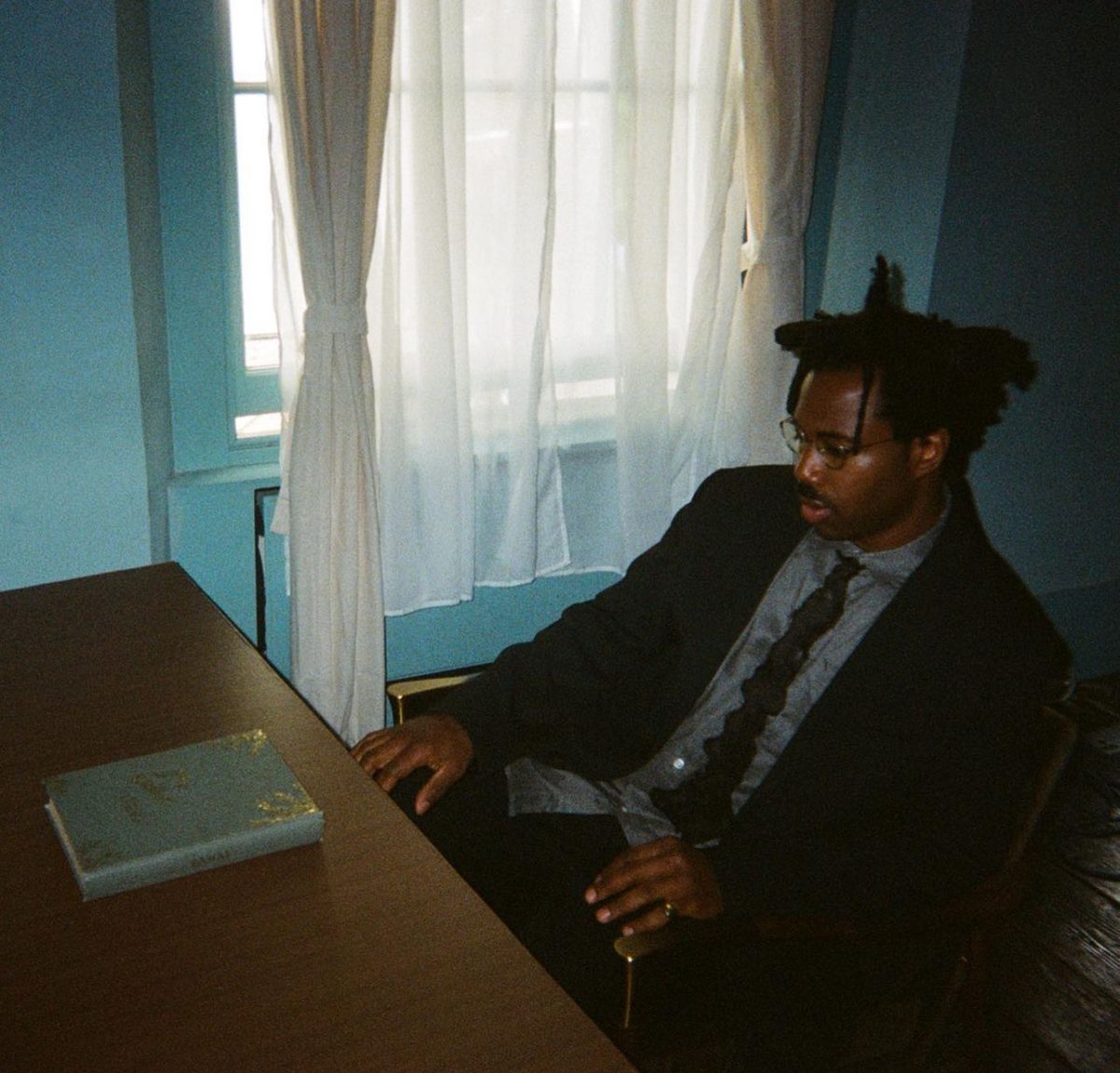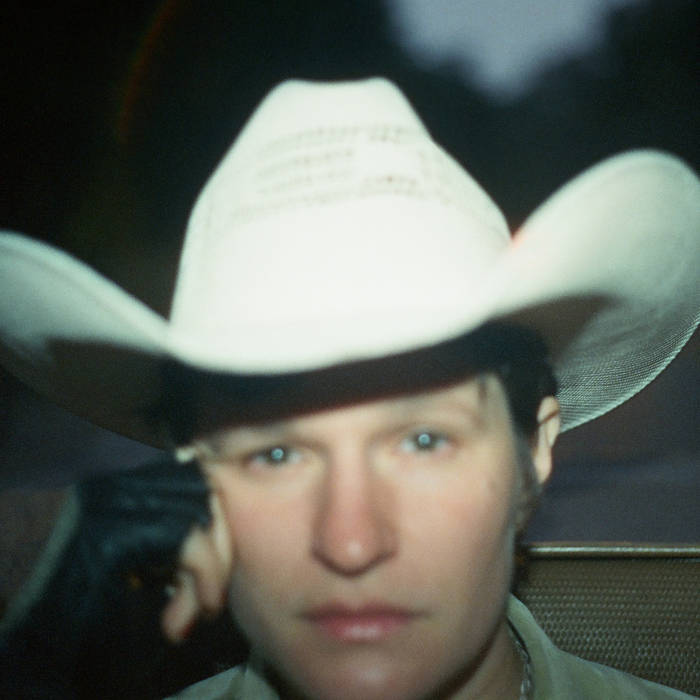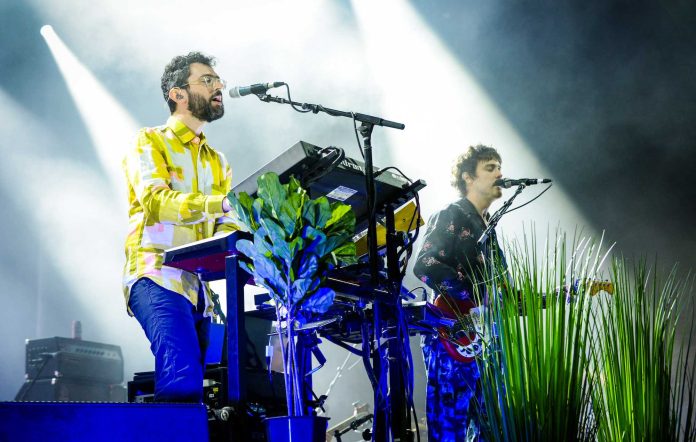English singer and songwriter Sampha has endured a lengthy hiatus from music after his critically acclaimed debut album “Process” released in 2017, documenting his feelings after the death of his parents. The album would receive numerous music victories, and he would become a collaborator with the likes of Drake, Kendrick Lamar, Travis Scott and many more well-known musicians. His absence from music has left a sour taste in the mouths of R&B and electronic fanatics, desperately waiting to hear his soulful yet melancholic tracks about distress and reflection. Thankfully, Sampha has unleashed his sophomore studio album titled “Lahai,” taken from his middle name. This album will take you on a rollercoaster of emotions, with self-discovery, independence, and acceptance at the forefront.
“Spirit 2.0” was the first song Sampha gave the public in six years. The relaxing piano keys and amusing drum patterns make the song a perfect lead single. The chorus alone makes you want to bust a move, even if the subject matter is not as optimistic. Sampha examines his methods of self-reflection and how he wishes to connect better with loved ones. He knows that he needs help and that being clueless is okay. Living in the moment is the best medicine for his confusion.
The second single, “Only,” shows a unique perspective on Sampha’s mind and how he copes with societal pressures like finding romance and authenticity in his life. He is still going through the pains that life has brought him, but God is taking him through it. I love the upbeat drums, the sporadic beat drops, and the simplistic yet refreshing melody of the piano.
Sampha can beautifully connect his feelings of freedom and self-discovery with a theme of flying high like a bird. He mentions the idea of flying multiple times on the project, but the best instance is in the song “Jonathan L. Seagull.” The song goes in-depth about Sampha’s skewed view of his romantic relationships and considers the fears and comforts they can bring. The well-sung and infectious chorus and mesmerizing production make it feel like you’re soaring in the air with no care. The title references a book Sampha’s older brother read him as a child. Written by Richard Bach, it details the story of a seagull who distances himself from his flock and learns how to fly by himself, which can tie into the general theme of the album and how Sampha is learning to deal with his issues solitarily.
Similarly, the song “Inclination Comppas (Tenderness)” uses more metaphors relating to flying on this jazzy beat. With lyrics such as “And we’re in need of some tenderness, mm/Like sunrise through a flying crowd/Did we have to be so featherless, mm,” the desire for emotional warmth and connection amidst the chaos is something Sampha needs.
Every song on the album is interconnected as the topic matter is relatively similar. While you may think that could hinder Sampha’s lyrical growth, you would be far from correct. Sampha makes each song sound different with refreshing production and introspective lyrics that leave you thinking about your life and how you could be a better version of yourself. “Satellite Business” has you recognizing the limits on your everlasting journey, even speaking this message through his daughter’s eyes, reminding him that he still has time to get through everything.
The pacifying production and soothing vocals make you want to fall asleep to the music, and I’ve found myself dozing off to the tunes a bit, but that isn’t a detriment to the overall feeling of Sampha’s statements. I see myself re-listening to these songs and catching new topics and meanings with each verse, heightening the experience of the album, and allowing for more self-reflection.
When listening to the bridge of “What If You Hypnotise Me?” I initially focused on the questions Sampha writes, “Is it that I need some love, love of the selfish kind?/Is it that I need to know what’s in the depth of mind?/Indeed if I do find out, would I just stay confined?” which ask about self-love and understanding which could lead to either happiness or loneliness, but I completely glossed over him saying, “Is it ’cause memories break, why I feel lost in time?/Is it ’cause I’ve made mistakes, karma taking flight?/But if you could hypnotize me/Then maybe, then peace would find me,” which note the mistakes Sampha makes and if comprehending them can bring tranquility.
As expressed, Sampha’s long-awaited sophomore studio album, “Lahai,” marks a triumphant return to the music scene after a six-year hiatus. This album presents a fascinating and thoughtful voyage through themes of self-love, freedom, and more. Each track is a carefully composed masterpiece, showcasing Sampha’s power to investigate relatable subjects through his melodies. While some might find the gentle and comforting production conducive to relaxation, it does not detract from the profound impact of his lyrics. Sampha’s thoughtful introspection and the album’s interconnected themes invite listeners to engage. The desire for emotional warmth and connection during life’s chaos resonates deeply.
“Lahai” may only clock in at 41 minutes, but the emotional depth and lyrical complexity leave you yearning for more. This album is a testament to Sampha’s artistic growth and an exploration of the human experience that leaves a lasting impression on its listeners. It’s a journey worth embarking on, and one can’t help but wish for an elongated musical trip in the world Sampha has created.










